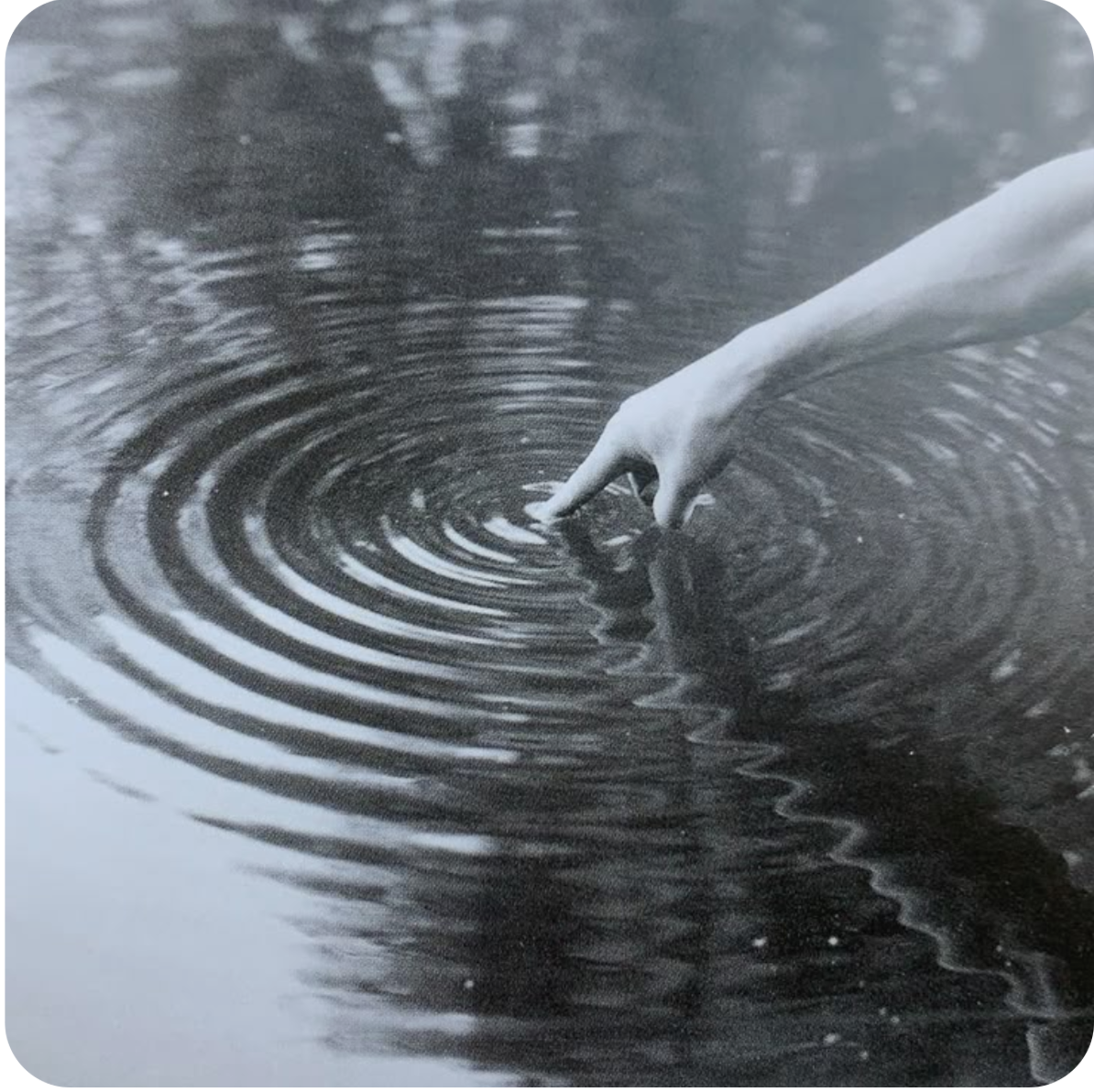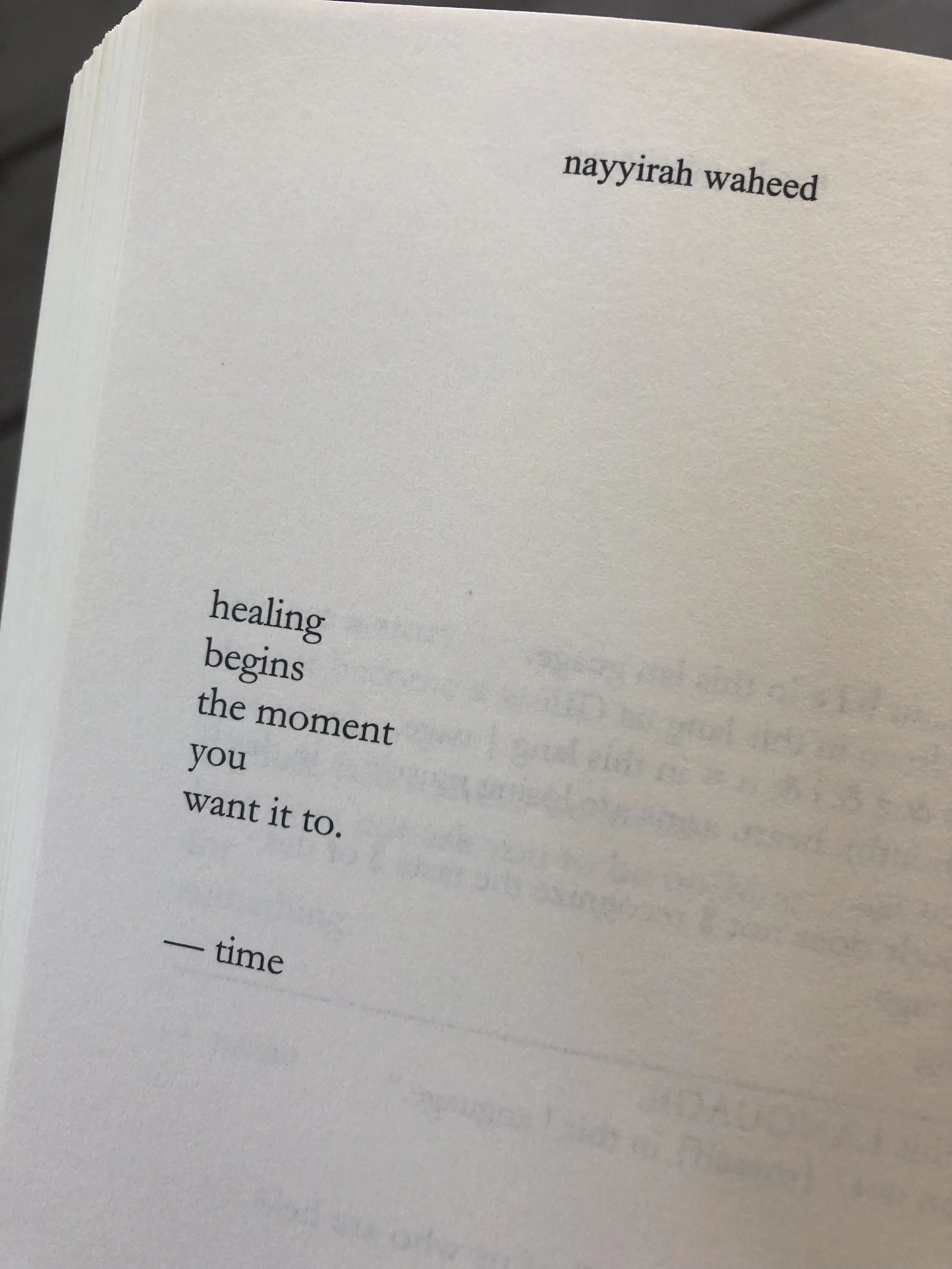I have been obsessed with relationships my entire life. I considered changing the word "obsessed" there, but that is the immediate and genuine way that sentence came out, and who am I to placate for perception's sake? It's true. Ever since I was a kid, I have loved discussing and processing and analyzing relational dynamics and the human psyche with my friends; I heavily gravitate towards character- and relationship-driven books and TV and films (My So-Called Life, anyone??); I have diary entry upon diary entry from age 10 onwards, mining the circumstancial and emotional landscape of whatever relational situation I was in at the time. Platonic and romantic relationships—investing in them, tending to them, psychoananlyzing them, and yeah, stressing about or grieving them—have been a if not the most primary focus of my life.
Relationships have also been the most painful realm of my life. Where my most primary wounds were created and reinforced and, in ways, still lie. For some, personal growth through difficulty comes in the container of negative work situations, or health crises, or identity-hinged systemic oppression. While we all encounter challenges across the spectrum of life, there is typically a concentrated realm in which our most recurring and transformational pain patterns lie—the primary channel through which we are forced to confront our histories and ourselves.
It comes as no surprise then that what sent me to therapy for the first time in my life—at age 24 and only as a result of the dogged imploration of a friend—was extreme difficulty and emotional distress within two significant relationships: my then-partner and my dad.
Working through relational dysfunction with family is so hard, for so many reasons. Everything is unbelievably charged; patterns and dynamics are so deeply ingrained; and there is often a feeling that parents, being...the parents, should know better. Be able to do better. And more often than not, that is not the case.
I did a lot of angry blaming my first year+ in therapy. To be fair, it's not that the people I felt hurt by were not to blame. And. Blaming others gets you literally nowhere but stuck and looping in your own frustration and distress. Back then, I was adamant that it was my dad's responsibility to show up differently. To take accountability. To do better. To change.
One of the harsh realities that I had to confront in those early days of therapy was this: you cannot change anyone but yourself.
Here's the key though—the glimmer of light in that seemingly bleak and often frustrating truth, which my then-therapist spoke to me like a beacon in the night: when you change, a relationship changes.
When you change how you show up in a relationship, the relationship changes.
Was I resentful that the work of maturing and becoming better to shift the dyamic between me and my father was on me? Sure was! My 24 year-old self was super pissed about it, thought it was ridiculously imbalanced and unfair. And, if I wanted things to change (which I did), it benefitted me to integrate this key—this thing that would unlock a better path forward. If I committed to changing, my relationship with my dad would change. De facto. Full stop. Without him self-reflecting or healing or doing literally anything.
Relationships are created moment by moment through an exchange of energy. Cause and effect. Action and reaction. One nervous system attuning to and responding to the other.
When I stopped escalating my tone to match my dad's, the moment changed.
When I took a breath and disengaged instead of getting defensive and continuing the argument, the moment changed.
When I explicitly and kindly named what I was and was not available for and then stuck to it, the relationship changed.
I am not going to lie and tell you this was an easy process, or quick. Change is slow, both internally and relationally. It takes effort and repetition and time. It is also often wildly uncomfortable because the new behaviors/responses we are implementing are unfamiliar and don't feel viable or safe to our nervous systems. Sometimes, you asserting new boundaries or ceasing to devolve into historic dynamics can also make the other person more triggered. This is all part of the shape-shifting process.
All relationships have unique dynamics. In some, you may be triggered and become the instigator, the chaos-maker, the reactive or explosive one. In others, you may be the avoidant, the one who becomes passive aggressive or shuts down and retreats completely. All of these responses make sense from a nervous system and trauma perspective, and, we are all ultimately responsible for ourselves. For choosing how we want to show up for ourselves and for those we love. For consciously and gently stretching ourselves into new choices, moment-by-moment, to create the relationships we want for ourselves in this life. Not everyone will be able to meet us there. There will be grief in that. And. Even with the people who cannot rise to the occasion, you changing how you show up to be in greater service to wellbeing rather than dysfunction will create a shift. And there is both immense love and immense power in that.
• // • // •
Questions to contemplate:
~ What does showing up as my best self in my relationships look like?
~ If there are relationships in my life that feel dysfunctional, problematic, or out of balance — what is my role in creating or perpetuating that?
~ What is one behavior, reaction, or way of engaging I can shift in one relationship that will help it feel better to me?


